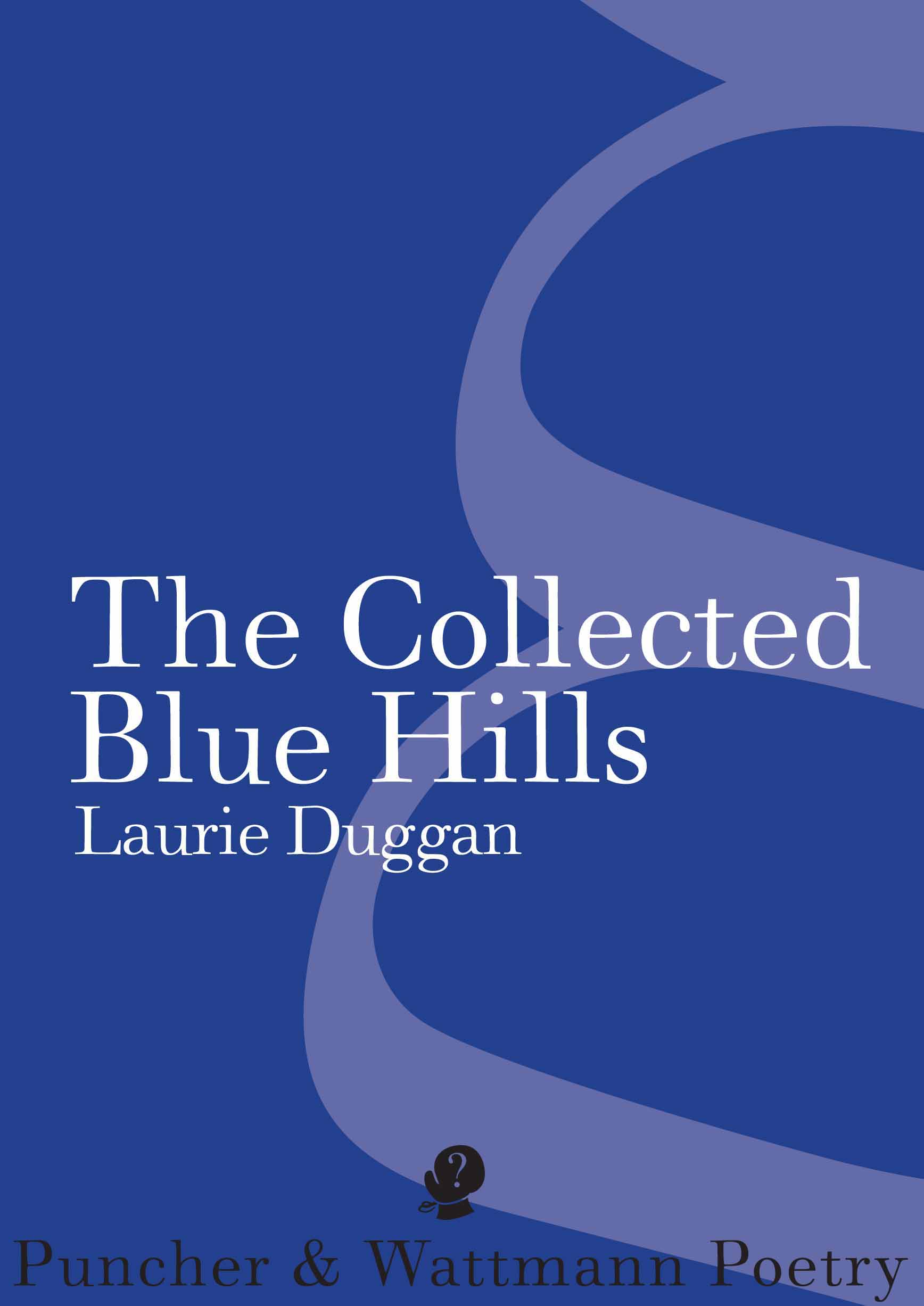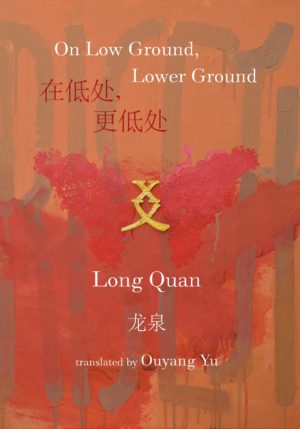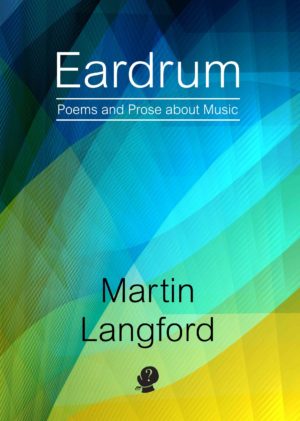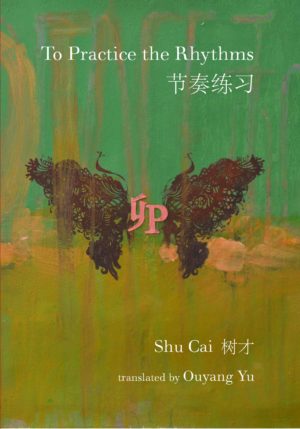Product Description
In late 1980 Laurie Duggan began writing the Blue Hills poems as a kind of respite from the ‘poetry wars’. The series mostly spread itself out over a number of books running in parallel with other more ostensibly ‘worthy’ projects like The Ash Range and The Epigrams of Martial. These poems now gathered here are at the heart of what Duggan sees as his poetic work.
“Duggan’s poetry has the virtue… that it never ‘abandons the local’. Like Paul Blackburn, a poet Duggan manifestly admires, he builds his work out of what he finds in, on or about the premises.” — Tony Baker, Jacket
“Duggan has a brilliant eye and ear for those moments when the structures of reality peek through the agreed-upon surface of life.” — Martin Duwell, Australian Poetry Review
“I’m inclined to say his voice feels very Australian, and that said, I’m inclined to wonder if I can possibly say that.” — Philip Salom, Australian Book Review
Laurie Duggan grew up in Melbourne and has subsequently lived in Sydney and Brisbane. He moved to the UK in 2006 to Faversham, Kent, and is a regular reader on the London poetry circuit. Over the years he has taught in the areas of Art History and Cultural Studies and worked as a screenwriter, art critic and poetry editor. He has published twenty or so books of poems plus a critical work, Ghost Nation: Imagined Space and Australian Visual Culture 1901-1939 (UQP, 2001). His blog is at: graveneymarsh.blogspot.com
REVIEWS
“The poems do, for the most part, have a strongly diaristic quality, as if the poet were making notes for a poem rather than writing the poem. They can also seem like sketches for a painting he’d create if he had the talent for paint that he does with words.” GEOFF PAGE, The Australian
“In The Collected Blue Hills, life is ‘written out’ by Duggan in ways that avoid large claims about the poet, while also avoiding inconsequentiality. In part this is done through showing how the particulars of ordinary life lend themselves to interpretation and transformation.” DAVID MCCOOEY, Australian Book Review
“Read as an anthology rather than as a unified whole, they are an excellent way into his work for readers coming to this poetry for the first time. They have a rootedness in the country of their origin that Australians can respond to. While they make a point of not entering into a debate about what it means to represent Australia, avoiding accepted narratives and geographies (no Blue Hills poems are devoted to Uluru or Sovereign Hill), they do strike a blow in their own way for an understanding of Australia as a place both passed through and lived in.” MARTIN DUWELL, Sydney Review of Books
“In The Collected Blue Hills a poem is a view, a sound, a feeling, a perspective, a commentary or a meditation. Or all these things at once. The seven previous productions that lead to this compilation of hills lend the work a vigour that any sustained piece of writing in the one panoramic space would find a challenge. The mountain range rises and falls, meets the mist, thunder and lightning with the strength you would expect nature to possess. And coupled with the world of art, culture, music and poetry of Laurie Duggan, the blue hills are pronounced vast and definitive.” REBECCA KYLIE LAW, Rochford Street Review
“But as the collection progresses, these details become increasingly melancholy, almost elegiac – a charting of changes and things lost, and the place and belonging that they describe becomes more complicated. The small poems, that is, slowly build up to a much larger narrative; a narrative of time and memory, of thinking and looking and being in the world, a kind of history that is happening on the sidelines.” FIONA WRIGHT, Cordite Poetry Review





